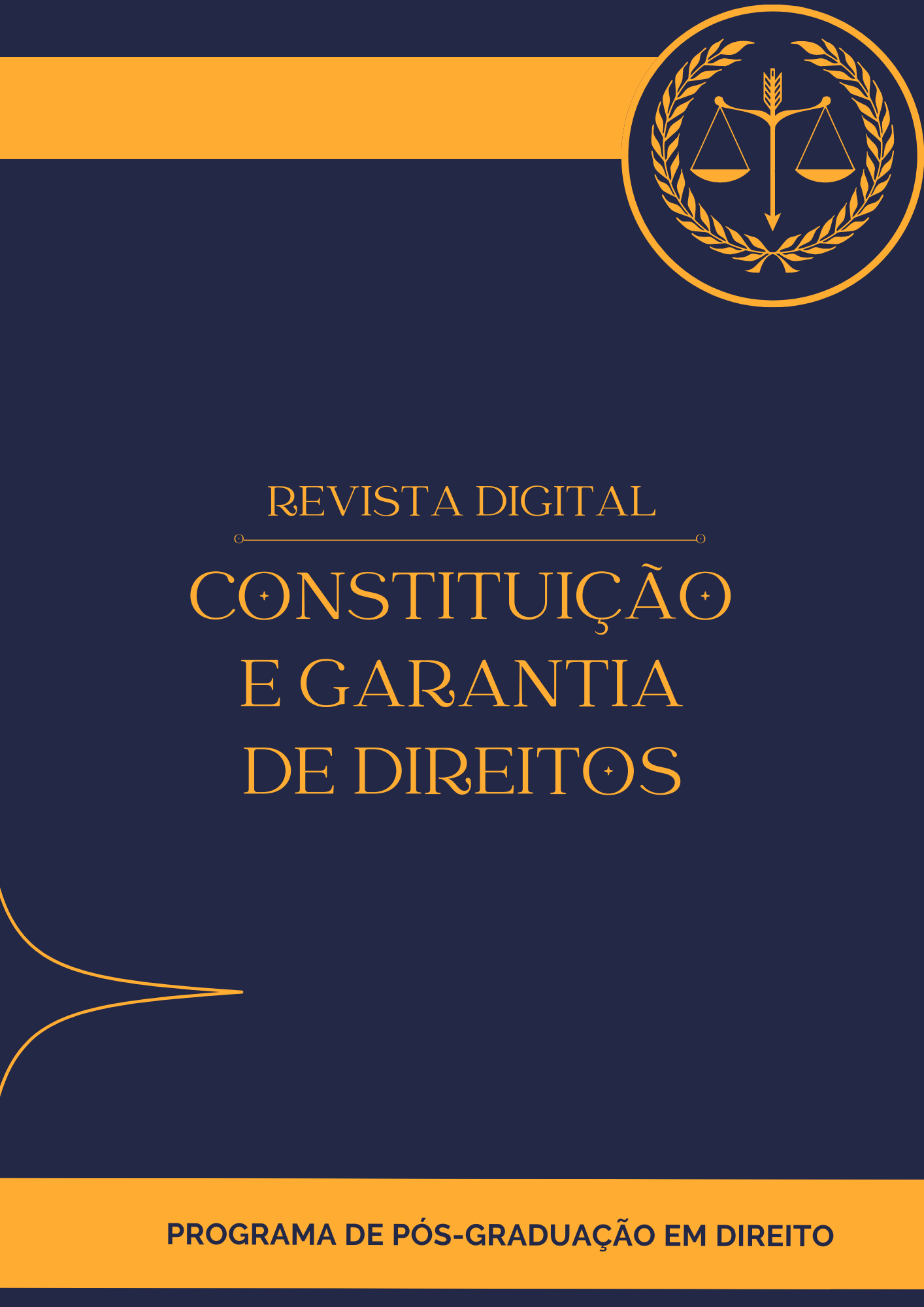THE EXCHANGE OF CRYPTOCURRENCIES AND THE INCIDENCE OF INCOME TAX
An analysis from the jurisprudential and constitutional perspective
DOI:
https://doi.org/10.21680/1982-310X.2021v14n2ID30032Abstract
On December 20, 2021, the Internal Revenue Service published Consultation Solution nº 214 – COSIT, expressing its understanding of the incidence of the Individual Income Tax – IRPF on the capital gain calculated on the sale of cryptocurrency, when one is directly used in the acquisition of another, even if the acquisition cryptocurrency is not previously converted into reais or other fiat currency. Nevertheless, from reading the Report, it appears that the question posed by the taxpayer would be about the incidence of said tax in the event that a certain cryptocurrency is used, such as bitcoin or etherum, to acquire another, such as stablecoin. In others words, about the possible incidence of IRPF on cryptocurrency exchanges. This article aims to study the constitucionality of such position, starting, first of all, by defining what is meat by cryptocurrencies, what is the impact of this new world we live in, its legal nature and its curent regulation. Subsequently, will be discussed about the principles of legality and typicality in the stitution of taxes in our legal system, and it reflexes in the event of incidence of Income Tax and Earning of Any Nature, following the confrontation of the understanding of the Federal Revenue itself and the Superior Justice Court in situations that are similar to the Exchange of cryptocurrencies. We will end by concluding about the correctness or not of the position adopted by the Federal Tax Authorities, in the light of the Federal Constitution of 1988.
Keywords: Cruptocurrency. Exchange. Income tax. Constitutionality.
Downloads
Downloads
Published
How to Cite
Issue
Section
License
Copyright (c) 2023 Revista Digital Constituição e Garantia de Direitos

This work is licensed under a Creative Commons Attribution-NonCommercial-ShareAlike 4.0 International License.
Autores mantêm os direitos autorais pelo seu artigo. Entretanto, repassam direitos de primeira publicação à revista. Em contrapartida, a revista pode transferir os direitos autorais, permitindo uso do artigo para fins não- comerciais, incluindo direito de enviar o trabalho para outras bases de dados ou meios de publicação.





